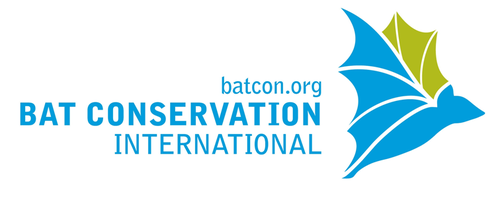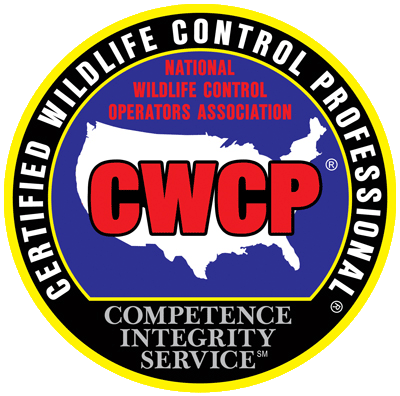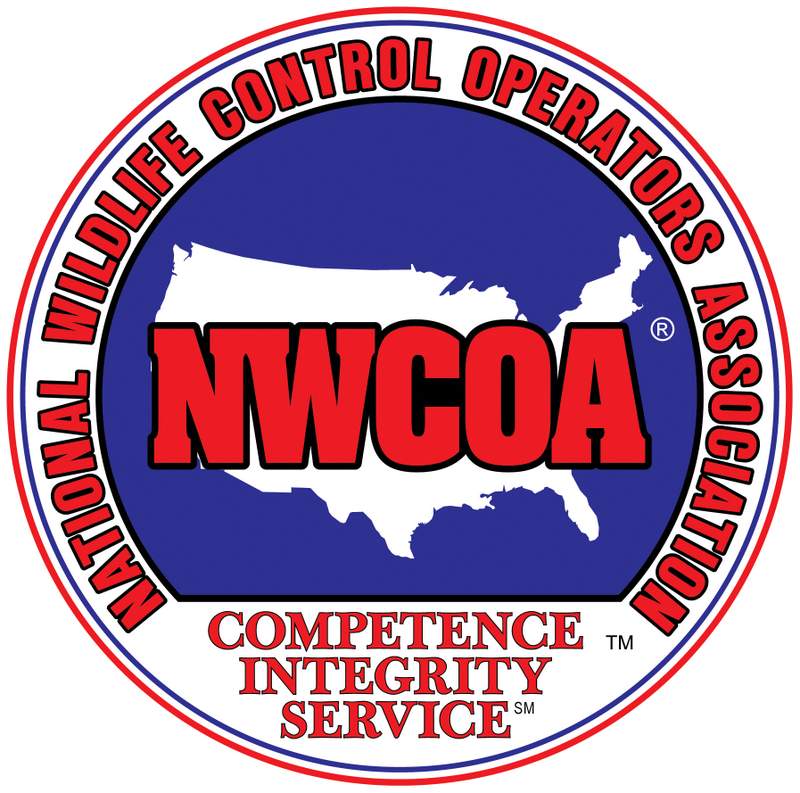I've been hearing about Hantavirus Pulmonary Syndrome (HPS) in the news recently? What is it?
HPS is a serious respiratory disease carried by certain wild rodents, mainly deer mice, and is passed to humans through contact with a rodent's infected urine, droppings or saliva. Breathing in contaminated mist or dust is the most common form of transmission.
How serious is it?
HPS is extremely serious and can be fatal; the case fatality rate is high. As of June 19, 1998, there have been 185 cases recognized nationwide with a case fatality of 44 percent.
Is there more risk of HPS this year due to the wet weather?
This year there have been increased populations of some rodent hosts of hantaviruses in some areas because of increased vegetation resulting from wetter than usual weather. This increase is unlikely to be statewide, but in order to prevent HPS, precaution is recommended. As always, if you notice increased numbers of wild mice in rural areas, steps should be taken to minimize human contact with these rodents.
Who can get HPS?
Since the virus is carried by deer mice and other wild rodents, persons who are exposed to infected rodents or rodent-infested areas are at risk of contracting HPS. This would include persons living or working in rural or semi-rural areas. Deer mice and other rodents that carry HPS are generally not found in urban or suburban settings.
How can one get HPS?
The infected rodents excrete the virus in their urine, droppings, and saliva. These droppings contaminate dirt and dust that becomes airborne. People are infected by inhaling airborne particles of the virus or by direct contact with rodents, their droppings, or nests.
What is the incubation period?
The incubation period varies widely, but ranges from 1 to 6 weeks, with an average of 2-3 weeks.
What are the symptoms?
\The early symptoms include fever, headache, and muscle pain, severe abdominal, joint and lower back pain, nausea and vomiting. A cough and shortness of breath usually develops 1 to 5 days after the onset of symptoms. The primary symptom of HPS is difficulty in breathing due to fluid build-up in the lungs. This can quickly progress to respiratory failure.
How is HPS treated?
Currently there is no effective drug treatment for HPS. When HPS infection is suspected or confirmed, early admission to a hospital where careful monitoring, treatment of symptoms, and good supportive therapy can be provided is important. If you have had exposure to rodents and experience symptoms mentioned above, it would be helpful to mention the exposure to your physician. A quick diagnosis helps the physician take the appropriate measures in managing the patient.
How can HPS be prevented?
Avoid rodent contact by taking the following measures:
Always limit food sources that will attract rodents both inside and outside the home. Keep pet food and livestock feed in rodent-proof containers. Clean up spills from bird feeders.
Limit possible nesting sites in or near the home. Keep grass and vegetation near homes trimmed short. Store firewood above ground and away from the house. Remove wood and junk piles, abandoned vehicles, equipment and other sources of shelter from the property.
Prevent rodent entrance into the home. Seal all holes or cracks 1/4 inch or larger with steel wool, caulking, metal screening or flashing. Insure weather seals under doors are in good repair and fit tightly when the door is closed.
If rodents are present in the home, eliminate them by using Asnap-traps baited with a peanut butter/oatmeal mix. Trapping success will be increased if food sources have been eliminated and entrances to the building sealed to keep new mice from moving in. Continue trapping efforts as long as rodent presence is suspected in the home.
Use a solution of household bleach (one cup bleach per gallon of water) to disinfect rodents' carcasses before handling. Spray the rodent and trap and allow to sit for 5-10 minutes Wear rubber gloves when handling trapped rodents. Disinfect the gloves and the trap afterward.
Air out rodent infested buildings or areas at least 30 minutes before cleaning. Do not sweep or dry vacuum rodent contaminated surfaces, which may stir up the dust and allow potentially contaminated dust to be breathed in. Spray contaminated materials with the bleach solution and allow it to soak in 5-10 minutes before cleaning them with a mop, sponge or wet (shop) vacuum. Wear gloves.
In heavily rodent infested areas or situations where ventilation and/or wet clean-up cannot be effectively done, use a face mask with a high efficiency particulate air (HEPA) filter. When camping or sleeping outdoors, avoid disturbing or sleeping near rodent droppings and/or burrows. Sleep in tents with floors, above ground or on a ground cloth, not directly on the ground.





